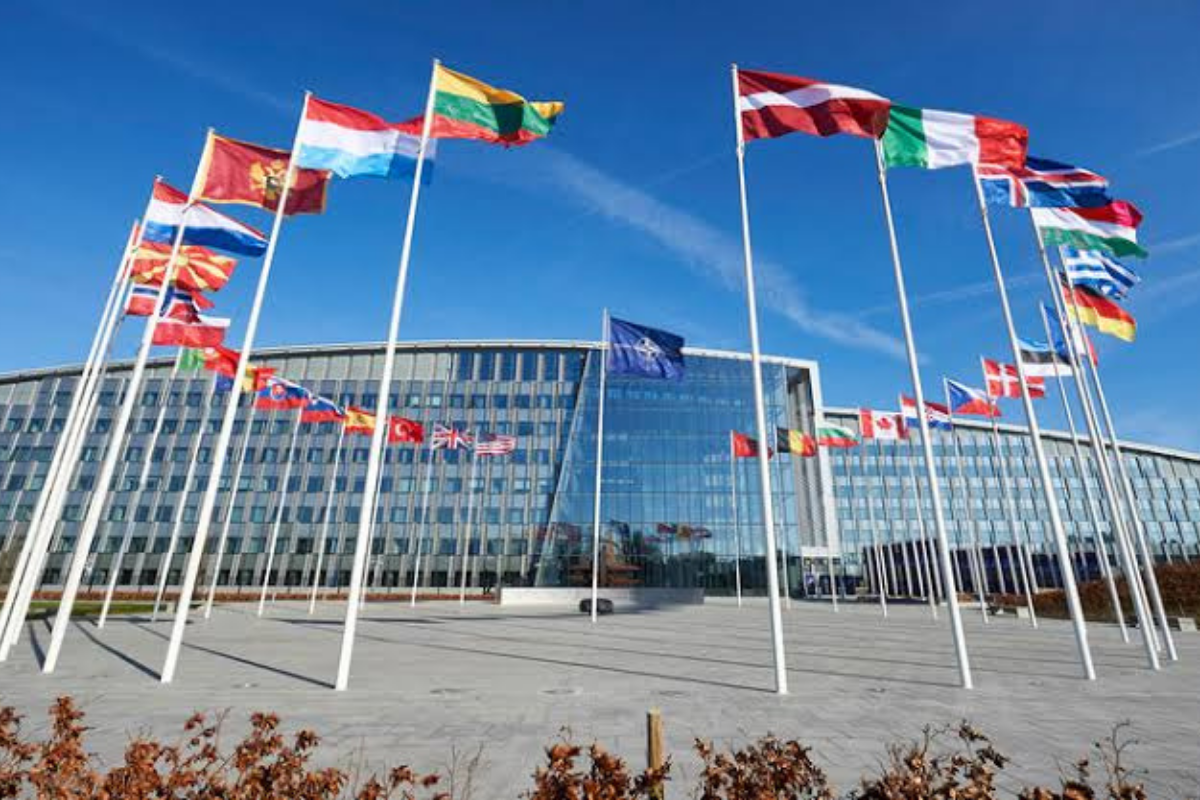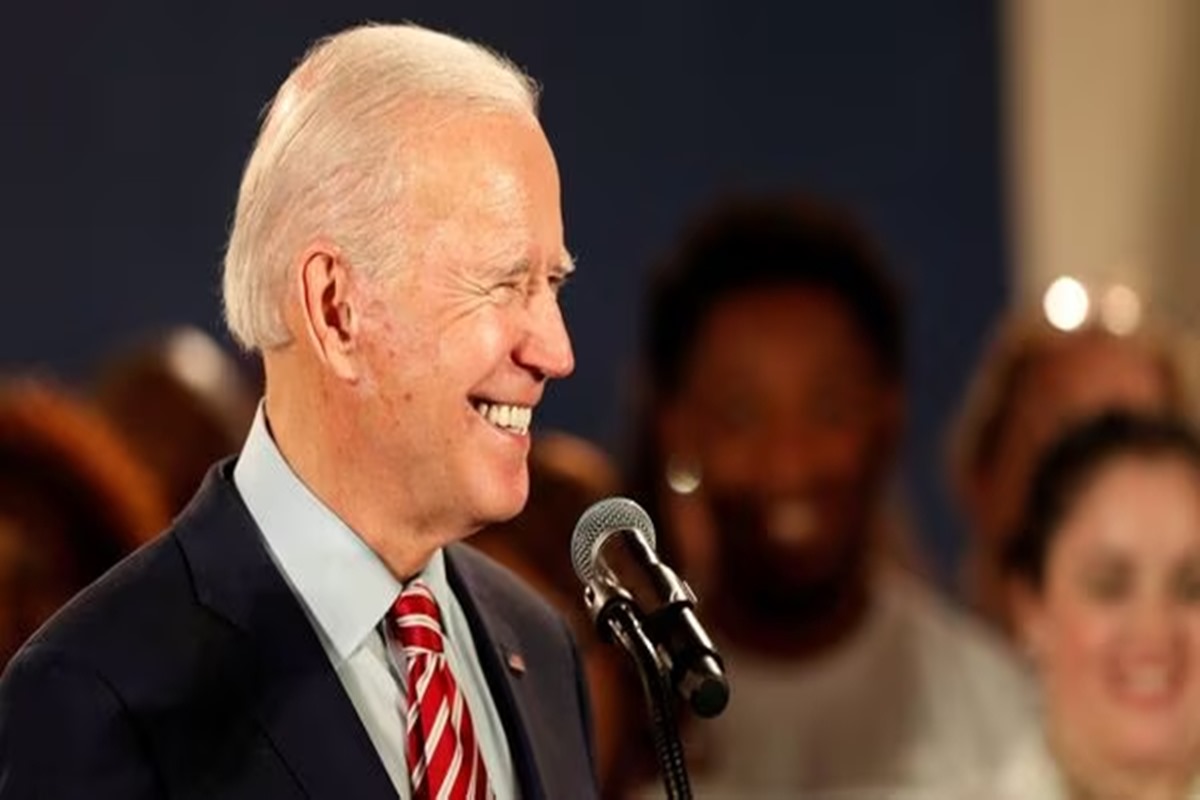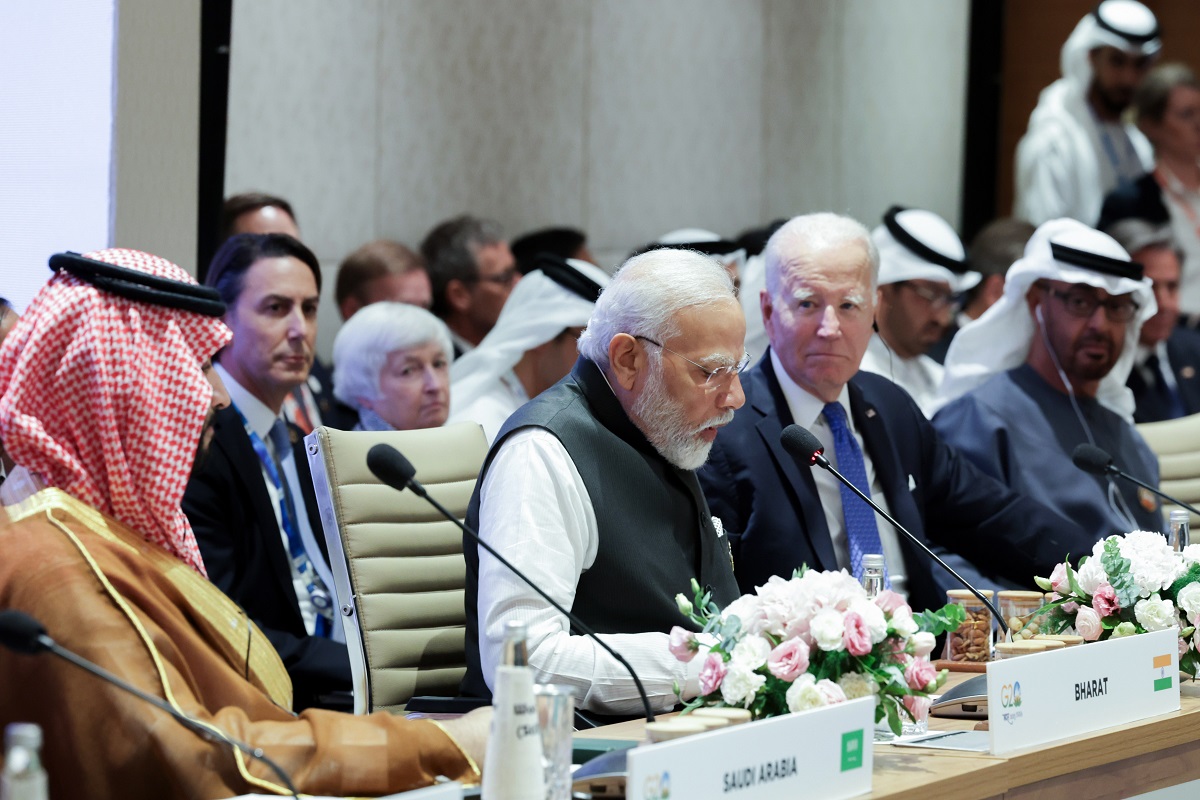New World Order
As the world moved from an American unipolar moment after the end of the Cold war, the idea of a multipolar world emerged as a popular theme.

As the world moved from an American unipolar moment after the end of the Cold war, the idea of a multipolar world emerged as a popular theme.

The ongoing dilemma surrounding Nato’s expanding portfolio of tasks has intensified under the Trump 2.0 administration which increasingly exposes an inner tension regarding the financial burdens associated with the alliance.

American journalist Evan Gershkovich and former Marine Paul Whelan were released by Russia on Thursday in an exchange of prisoners that has been described as the largest since the height of the Cold War.

In a world rife with geopolitical complexities, the Indo-US “2+2 Dialogue” emerges at a crucial juncture in the evolving landscape of international relations.

Now, the danger which has been flagged by the alliance chiefs is that technological innovation by small companies, start-ups, and researchers is the new target.
Elaine Kamarck and William A. Galston of the Brookings Institute have written in an article published recently, the question that no one, including the US President, could answer was: Will a new Cold War begin, and what shape will it take? After the end of the WW II, say Kamarck and Galston, it took a while for Americans to see the Soviet Union as the “Empire of Evil” that it was to become for the West in the following decades.
“We need to discard the Cold War mentality and seek peaceful coexistence and win-win outcomes. Our world today is far from being tranquil. Protectionism and unilateralism can protect no one. Even worse are the practices of hegemony and bullying, which run counter to the tide of history. A zero-sum approach that enlarges one’s own gain at the expense of others will not help. The right way forward for humanity is peaceful development and win-win cooperation.”
He said IS-K militants threaten to cross the border into Pakistan, mount terror attacks, and retreat to Afghanistan.
It is paradoxical that the US which entered Afghanistan with the promise of ensuring a new age of peace and stable democracy is now, though belatedly, arguing as stated by Biden that nation building was not on its cards. The American intervention, far from building an enduring democracy, created a clientelist oligarchy that survived because of widespread corruption despite lack of popular support, as it was in South Vietnam.
India’s approach towards Afghanistan and Japan’s in SouthEast Asia serve to underline this point
